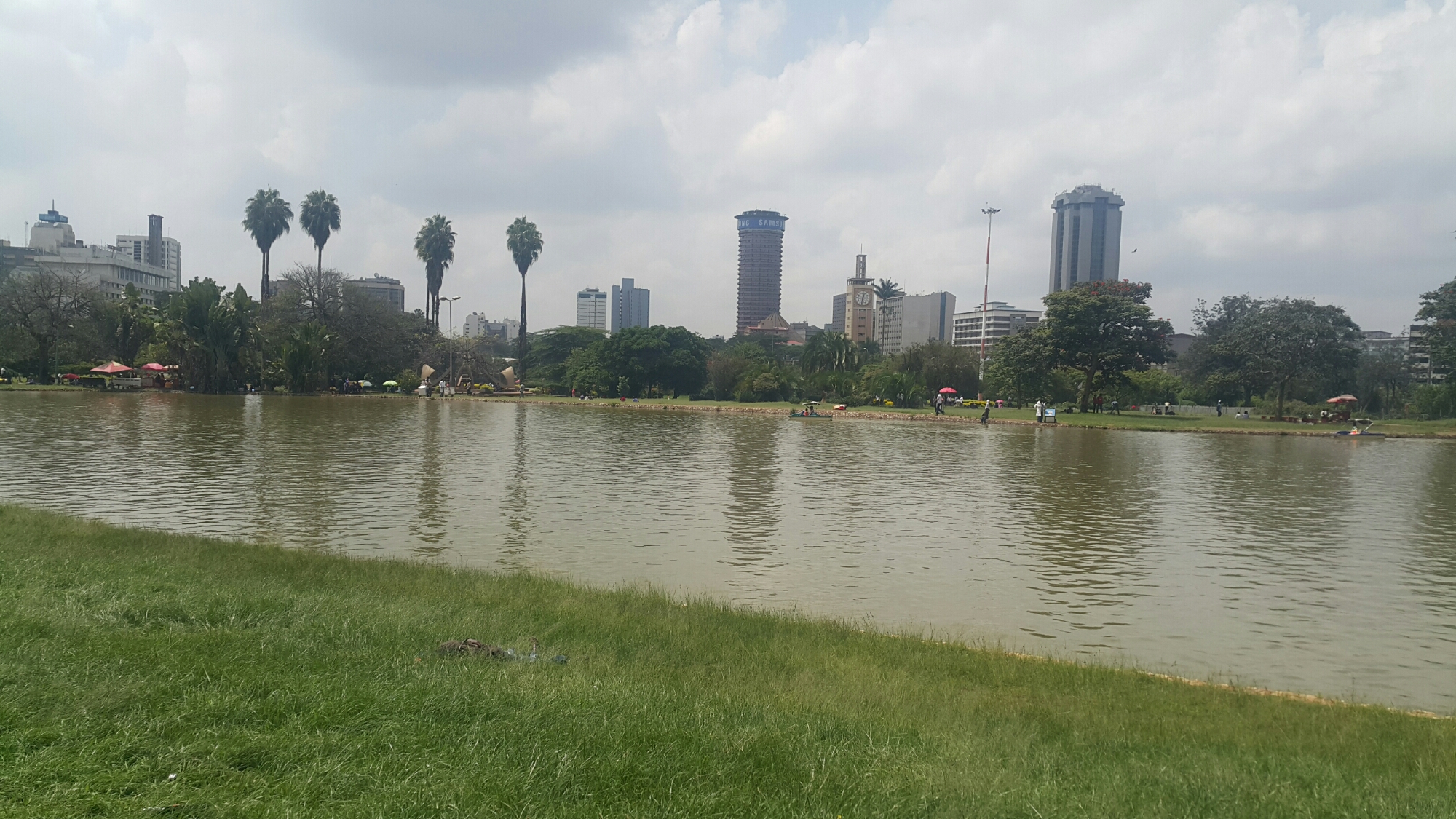I once taught boys and girls in Nairobi. These kids were refugees who had been moving from one country to another seeking for a better life.
They had spent most of their ‘running time’ in developed countries. Some had even gone to school in the US, UK and Australia among other countries.
It occurred to me that these kids had moved to Kenya because most of them could not be kept in schools in those countries. Their parents had brought them to a low risk country; a place they thought their children will get an opportunity to complete their education as opposed to spending time in a juvenile prison or worse eating a bullet.

This great city might be wiped out, if we fail the fight against terrorism
Unlike in the developed countries, Kenyan schools are understaffed and they lack psychologists or social workers who can identify strange and unacceptable behavior in these kids. Local teachers are also ill equipped in identifying these behaviors which range from drug abuse to radicalization.
Contrary to their parents’ beliefs, most of these kids could not even be kept in those private schools generally considered as cow cash, where most owners are believed to only care for money. These children could not even meet the least tolerable behavior to keep them in those schools. They were either kicked out for disobedience or drug abuse.
Though traits of radicalization might be obvious at this time, teachers may not identify them – as I have said, they have not been trained in identifying such behavior.
In fact, I remember teaching at a school where some boys smoked bhang and all teachers had no idea because we didn’t even know how bang smelt. It took a new teacher, one who had experience having used bang at one point during his college days, to unmask a ring of boys who were peddling drugs in the school. It was easy to help them after identifying their problem.
Not every school can get this lucky. I believe majority of teachers in Kenyan schools, are morally upright and religious (at least the one I have worked with are). They do not have firsthand experience in drugs or such behaviors as radicalization. Teacher training that ought to fill this gap is very shallow. How can they be expected to solve a problem they can’t even identify?
Some parents whose kids have been kicked out of formal schools, take them to the ever unregulated mushrooming tuition centers in Nairobi. Most of these centers are run by untrained teachers. Many a times, these centers serve as ‘holding’ camps, where parents drop their kids in the morning and pick them in the evening. What the unsuspecting parents do not know is the fact that their kids get worse in these centers. What do you expect when children who have been expelled from multiple schools meet at a center run by untrained teachers, whose employer cares about numbers than the quality of education offered?
Handling children who have been religiously indoctrinated and especially those who come from conflict prone areas, should not be taken for granted. I believe, if the Kenyan government is truly committed in tackling radicalization, they should begin in schools. Better still they should begin their campaigns at the universities and colleges that train teachers.
The government should ensure that all centers that purport to offer any form of education are vetted for quality and compliance to ministry of education standards of education.
It is time the ministry of education ensured that only those Kenyans who are qualified and registered as teachers have access to classrooms. Radicalization is a seed. It has to be planted, watered and tended to in order to grow. It would be better as a nation if we ensured that the seed is never planted. If by any mistake, like the present terrorism problem in the country has revealed, the seed is planted, then we need smart teachers and all those who deal with children to uproot the seed before it germinates.
I encourage you to follow me on Twitter @mchanganuzi or better still email me your opinion at vincent.ogoti@fulbrightmail.org
